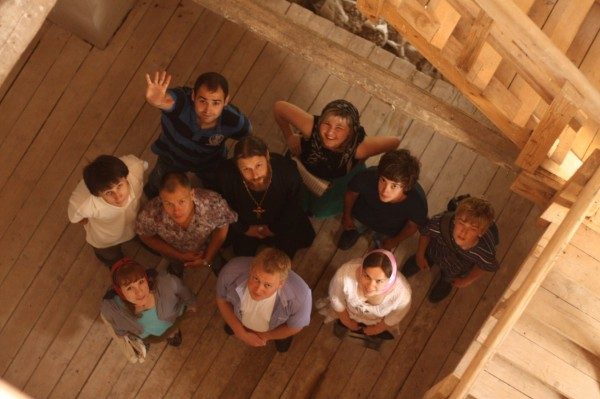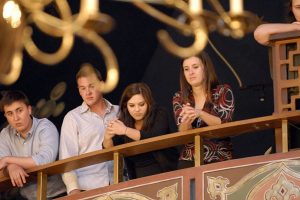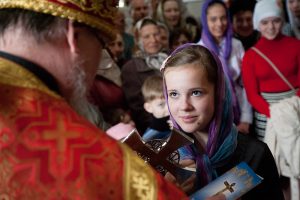When a priest makes a concerted effort to relate to his young parishioners by demonstrating a real interest in their lives, discovering what is important to them, and taking the time to instruct them in the Orthodox faith, there is a good likelihood they will remain Orthodox Christians for the rest of their lives.
A major problem for many young people (as many of our youth have shared with me) is the language barrier. Most young people are simply not interested in learning Church Slavonic, just as they are not interested in studying Church doctrine on their own. Standing in long services without understanding the teachings of the Church as revealed in the services, leaves them wanting.
Priests cannot simply be liturgical functionaries, without being one step removed from wizardry. The Divine Services have to be more than form and ritual, or the Orthodox faith will remain unknown to our youth, and a personal, sustaining faith, will not be imparted to them.
We must not allow our youth see the Church as simply the preservation of ethnic culture, or the Church will be irrelevant to them, and they will leave as soon as they are out of their parents home.
Bishops and priests of the Church must be willing to interact with our youth, the society at large, and open to engage the young thinkers of today, demonstrating personally the relevancy of Christ’s Church as the agent for imparting healing in the hearts of her people, and bringing about healing to a culture that is falling into the abyss.
The living faith that is Orthodoxy will remain unknown if we fail to bring the Gospel message to our youth, and prevent the Church from becoming a relic of the past, and an institution relevant only for their parents and grandparents. As beautiful as the ancient liturgical languages may be, they must not be a barrier to the acquisition of faith, imparting the teachings of our Orthodox Church.




















